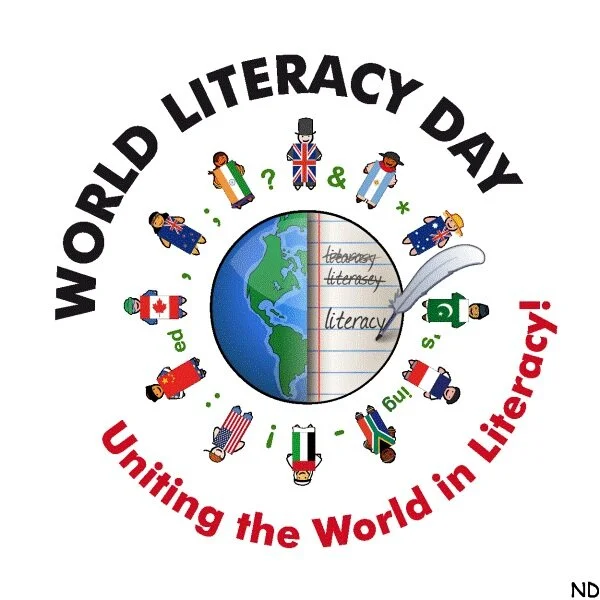In my blog, I write frequently about the importance of children reading from a very early age. My mother taught me to read from a very early age. When I was just 3 years old, I could read basic words. When I was 4 years old, I was more advanced in reading than children in first grade. My mother begged the administration of a small private school to admit me and after they tested me, they agreed and enrolled me into first grade. But, what happens if you notice that your child is not learning to read as you had hoped? What should you do?
In an excellent online article, author Melissa Taylor writes about 7 Early Signs Your Child May Have A Reading Issue. This article is very helpful and I will briefly discuss some of the points she raises. She stresses to have your child taken to a specialist as early diagnosis of any issues is critical to your child’s development. Here are the 7 signs:
1. Your child does not remember basic letter sounds, such as /a/ as in apple.
2. Your child confuses letters that look-alike, such as “d” and “p”. It is common for a young child to do this but as the child grows older, this confusion should not continue.
3. Your child has a problem rhyming simple, basic words such as “mat” and “cat”.
4. Your child does not remember easy sight words such as “a”, “her”, “to”, etc.
5. You child does not pronounce the ending of some words, such as “-ing” or –“ed”.
6. Your child has a poor memory and does not remember a recent book that was read.
7. Your child misspells the same word throughout a document. For example, she may write the word “because” in one paragraph and spell it correctly, but later in the same document, she misspells it as “beacuz” or “bekus”.
Other experts refer to your child’s vision as a possible issue. Consider taking your child to see a physician to get his sight tested.
It’s important to not just sit back and believe your child will “grow out” of a reading problem. Speak with her teachers and physician and seek assistance. When there is early detection of a challenge and assistance given to help your child overcome that challenge, your child will definitely thank you.
Ms. Taylor has links to other websites in her article to further help you. You can read her entire article by clicking here.



